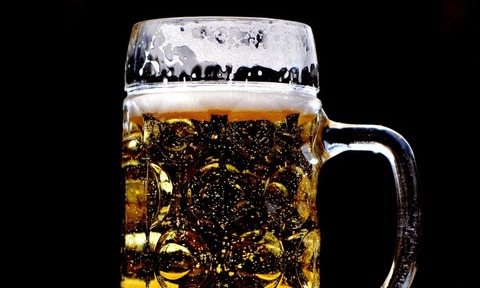Moderate drinking risks brain damage, study finds
12 Jun 2017

Heavy and moderate drinking is associated with a form of brain damage that affects memory and spatial navigation.
That is according to research by Oxford University and University College London, which shows consuming between 14 and 21 units of alcohol per week can increase the risk of hippocampal atrophy by as much as three times when compared to abstinence.
The study was compiled from data on weekly alcohol intake and cognitive performance measured repeatedly over 30 years (1985-2015) for 550 healthy men and women who were taking part in the Whitehall II study.
Participants had an average age of 43 at the start of the study and none were alcohol dependent. Brain function tests were carried out at regular intervals and at the end of the study (2012-2015), participants underwent an MRI brain scan.
The study also shows there was “no protective effect” of light drinking (up to 7 units per week) over abstinence, the researchers said.
Higher alcohol consumption – over 30 units per week - was also associated with poorer white matter integrity (critical for efficient cognitive functioning) and faster decline in language fluency, the researchers added.
Fourteen units is equivalent to six pints of 4% beer, according to drinkaware.co.uk.
In a linked editorial, Killian Welch, consultant neuropsychiatrist at the Royal Edinburgh Hospital, said the findings “strengthen the argument that drinking habits many regard as normal have adverse consequences for health”.
Welch said: “We all use rationalisations to justify persistence with behaviours not in our long term interest. With publication of this paper, justification of “moderate” drinking on the grounds of brain health becomes a little harder.”
Readers' Comments
There are no comments on this article, leave a comment below to have your say
Have Your Say
The comments have closed for this article

